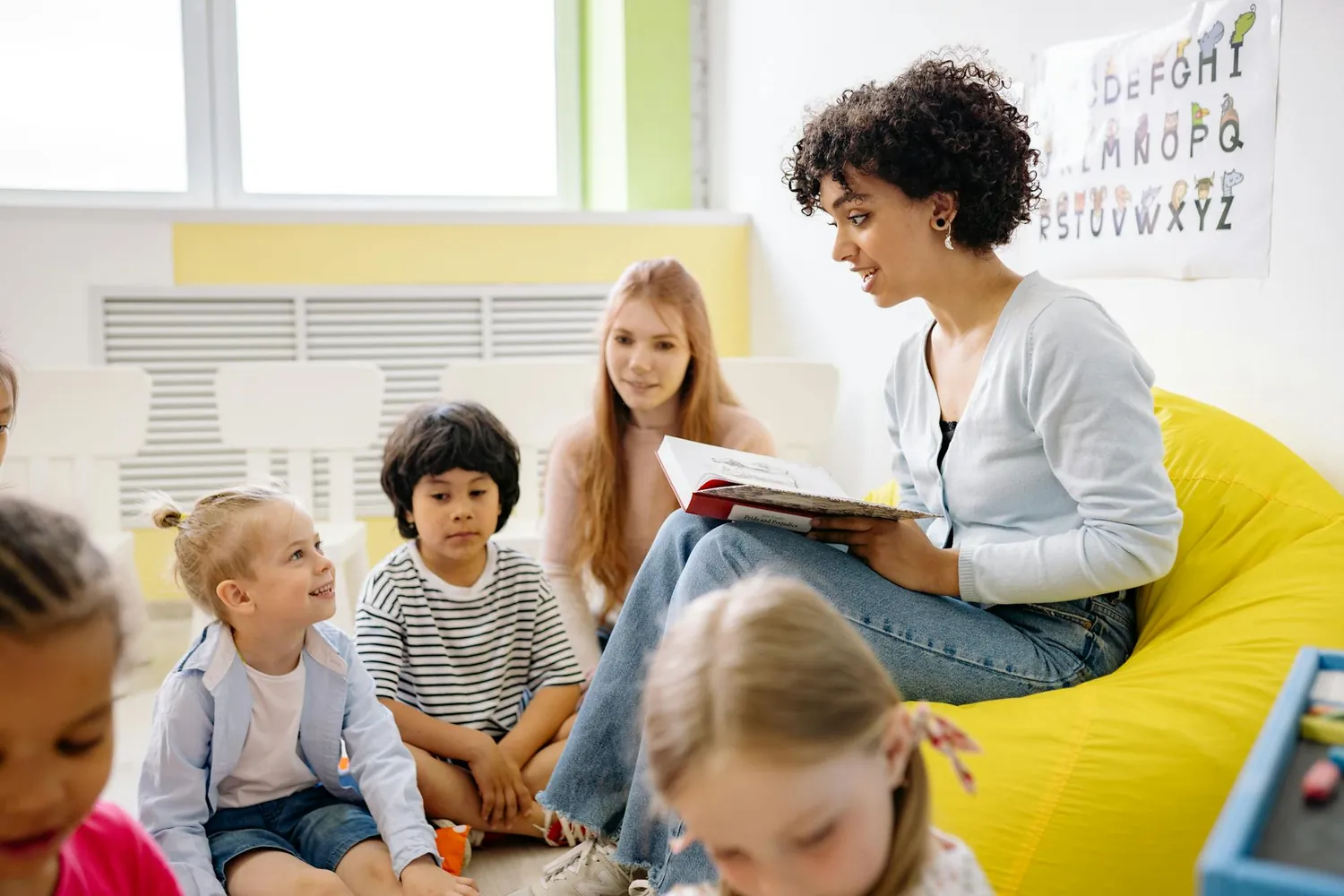Empathy Development Through Real-Life Service-Learning Experiences in High Schools

Understanding Empathy and Its Importance in Education
Empathy, the ability to understand and share the feelings of another, is a critical skill that students can develop to enhance their social interactions and personal growth. In today's interconnected world, empathy allows individuals to build relationships, resolve conflicts, and promote inclusive communities. For high school students, fostering empathy is vital as they prepare to enter a diverse and global workforce.
The development of empathy within educational settings not only benefits students on a personal level but also contributes positively to classroom dynamics and school culture. When students understand and appreciate diverse perspectives, they are more likely to engage in cooperative learning and show respect towards their peers.
The Role of Service-Learning in Developing Empathy
Service-learning is an educational approach that combines academic learning with meaningful community service. This pedagogical strategy enables students to apply classroom knowledge in real-world contexts, thereby enhancing their understanding while meeting societal needs. By participating in service-learning projects, high school students can develop empathy through direct engagement with diverse communities.
Research suggests that service-learning experiences help bridge the gap between academic concepts and practical application, leading to a deeper comprehension of subject matter and social issues. Importantly, these experiences encourage students to reflect on their actions and the impact they have on others, fostering empathy and social responsibility.
Implementing Service-Learning Programs: Key Steps
To successfully implement service-learning programs in high schools, educators should follow a structured workflow that involves several key steps:
- Needs Assessment: Identify pressing issues within the community that align with curriculum goals. This ensures that projects are relevant and impactful.
- Curriculum Integration: Develop a framework where service activities are directly linked to academic objectives. This enhances student learning and maintains focus on educational outcomes.
- Partnership Building: Collaborate with local organizations, community groups, and stakeholders to create opportunities for student involvement and support project sustainability.
- Student Preparation: Equip students with the necessary skills and knowledge to engage effectively in service activities. This includes workshops on communication, cultural competence, and reflective practices.
- Reflection and Evaluation: Facilitate reflection sessions where students analyze their experiences, discuss the lessons learned, and assess personal growth. Evaluation of project outcomes ensures continuous improvement.
Practical Examples of Successful Service-Learning Programs
Project Sunshine: Spreading Joy in Hospitals
One compelling example is the "Project Sunshine" initiative, where high school students partner with local hospitals to provide companionship and recreational activities for pediatric patients. This project enables students to interact with children facing medical challenges, fostering empathy through direct human connection.
In this program, students create art kits, organize storytelling sessions, and conduct play activities. These interactions not only brighten the day for young patients but also teach students about resilience, compassion, and the power of a supportive community.
Environmental Stewardship: Greening Our Community
The "Greening Our Community" project engages students in environmental stewardship by working alongside local environmental groups to plant trees, restore habitats, and promote sustainability initiatives. Through hands-on participation in ecological restoration, students gain an appreciation for environmental issues while cultivating a sense of empathy towards nature and future generations.
This program emphasizes interdisciplinary learning by integrating science education with civic engagement. Students learn about ecosystems, climate change, and conservation techniques while experiencing the immediate impact of their contributions.
The Impact of Service-Learning on Student Development
Service-learning projects have been shown to positively affect students' academic performance, personal growth, and civic engagement. By engaging in these activities, students often report increased self-efficacy, improved problem-solving skills, and greater cultural awareness.
Moreover, service-learning fosters a sense of belonging and purpose. Students feel empowered when they realize their potential to effect change within their communities. This empowerment leads to higher motivation levels and a more profound commitment to lifelong learning.
Challenges and Considerations in Service-Learning Implementation
While the benefits of service-learning are well-documented, implementing such programs presents challenges that educators must address:
- Resource Limitations: Schools may face budget constraints or lack access to community partners. Creative problem-solving and strong advocacy are crucial for securing resources.
- Time Management: Balancing academic requirements with service commitments can be challenging for both students and teachers. Effective time management strategies must be employed to ensure neither aspect suffers.
- Diverse Needs: Addressing the varied needs of students and community members requires thoughtful planning and flexibility. Programs must be adaptable to accommodate different learning styles and abilities.
Despite these challenges, the positive outcomes associated with service-learning make it a valuable investment in student development and community welfare.
Conclusion: Nurturing Empathy Through Service-Learning
The integration of real-life service-learning experiences in high school curricula offers a transformative approach to empathy development. By actively engaging students in addressing community needs, schools can cultivate compassionate, responsible citizens prepared for the complexities of modern society.
The success stories shared in this article demonstrate that when schools commit to service-learning initiatives, they not only enhance educational outcomes but also contribute to building more empathetic communities. As we continue to navigate global challenges, fostering empathy through education remains an essential endeavor for nurturing future leaders who value diversity and social justice.





